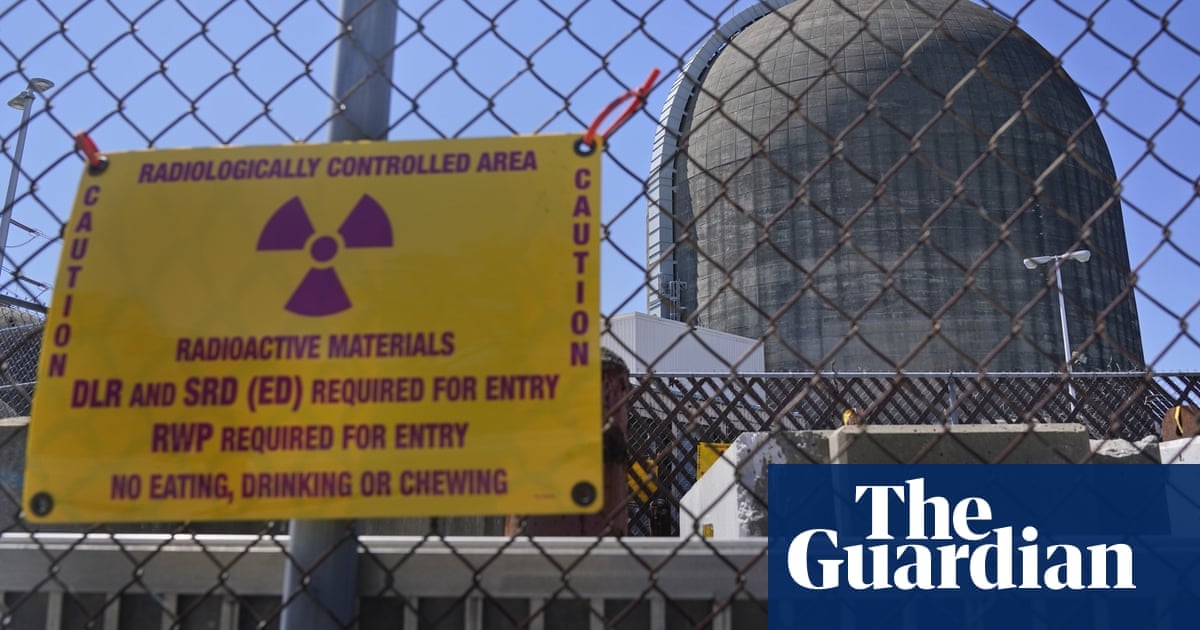Shuttering of New York facility raises awkward climate crisis questions as gas – not renewables – fills gap in power generation
When New York’s deteriorating and unloved Indian Point nuclear plant finally shuttered in 2021, its demise was met with delight from environmentalists who had long demanded it be scrapped.
But there has been a sting in the tail – since the closure, New York’s greenhouse gas emissions have gone up.
Castigated for its impact upon the surrounding environment and feared for its potential to unleash disaster close to the heart of New York City, Indian Point nevertheless supplied a large chunk of the state’s carbon-free electricity.
Since the plant’s closure, it has been gas, rather then clean energy such as solar and wind, that has filled the void, leaving New York City in the embarrassing situation of seeing its planet-heating emissions jump in recent years to the point its power grid is now dirtier than Texas’s, as well as the US average.



I use to be very pro nuclear. I’d write letters to papers and such explaining how the waste, which is the main concern most people have, is not as big of a problem as people think - and that certain manufacturing processes produce other waste products that are very bad and people just don’t think about those…
Anyway, I changed my mind some time back. There are three main things that have turned me against nuclear.
So yeah, I’m not so into nuclear now. It’s not a bad technology, but the idea of it is a bit radioactive, just like the waste product.